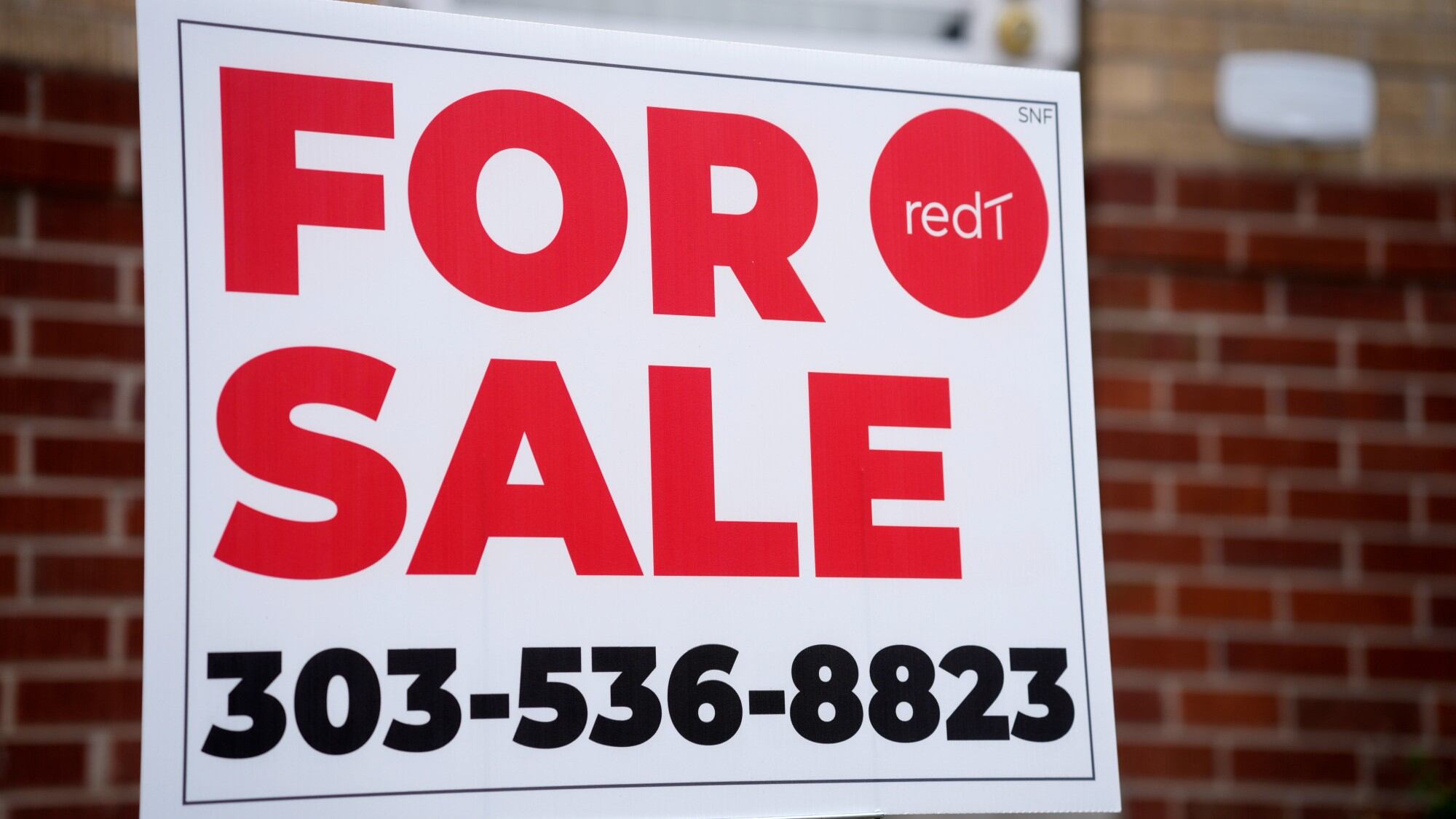By Alex Veiga
The average long-term U.S. mortgage rate dropped below 7% to its lowest level since early August, another boost for prospective homebuyers who have largely been held back by sharply higher borrowing costs and heightened competition for relatively few homes for sale.
The average rate on a 30-year mortgage dropped to 6.95% from 7.03% last week, mortgage buyer Freddie Mac said Thursday. A year ago, the rate averaged 6.31%.
Borrowing costs on 15-year fixed-rate mortgages, popular with homeowners refinancing their home loan, edged up this week, lifting the average rate to 6.38% from 6.29% last week. A year ago, it averaged 5.54%, Freddie Mac said.
The latest drop in rates is the seventh in as many weeks. Mortgage rates have been easing since late October, when they reached 7.79%, the highest level since late 2000.
The pullback has echoed a decline in the 10-year Treasury yield, which lenders use as a guide to pricing loans. The yield, which in mid October surged to its highest level since 2007, has been falling on hopes that inflation has cooled enough for the Federal Reserve to finally stop raising interest rates.
Those hopes strengthened Wednesday after the Fed held its main interest rate steady for the third straight time, and its officials signaled that they expect to begin cutting rates beginning as early as next summer.
Investors’ expectations for future inflation, global demand for U.S. Treasurys and what the Fed does with its benchmark federal funds rate can influence rates on home loans.
“Given inflation continues to decelerate and the Federal Reserve Board’s current expectations that they will lower the federal funds target rate next year, we likely will see a gradual thawing of the housing market in the new year,” said Sam Khater, Freddie Mac’s chief economist.
The sharp runup in mortgage rates that began early last year has pushed up borrowing costs on home loans, reducing how much would-be homebuyers can afford even as home prices have kept climbing due to a stubbornly low supply of properties on the market. That’s weighed on sales of previously occupied U.S. homes, which are down 20.2% through the first 10 months of this year.
The recent downward shift in mortgage rates is a welcome development for homebuyers. Mortgage applications notched their sixth consecutive weekly increase last week, according to the Mortgage Bankers Association.
Still, the average rate on a 30-year home loan remains sharply higher than just two years ago, when it was 3.12%. The large gap between rates now and then is contributing to the low inventory of homes for sale by discouraging homeowners who locked in rock-bottom rates two years ago from selling.













